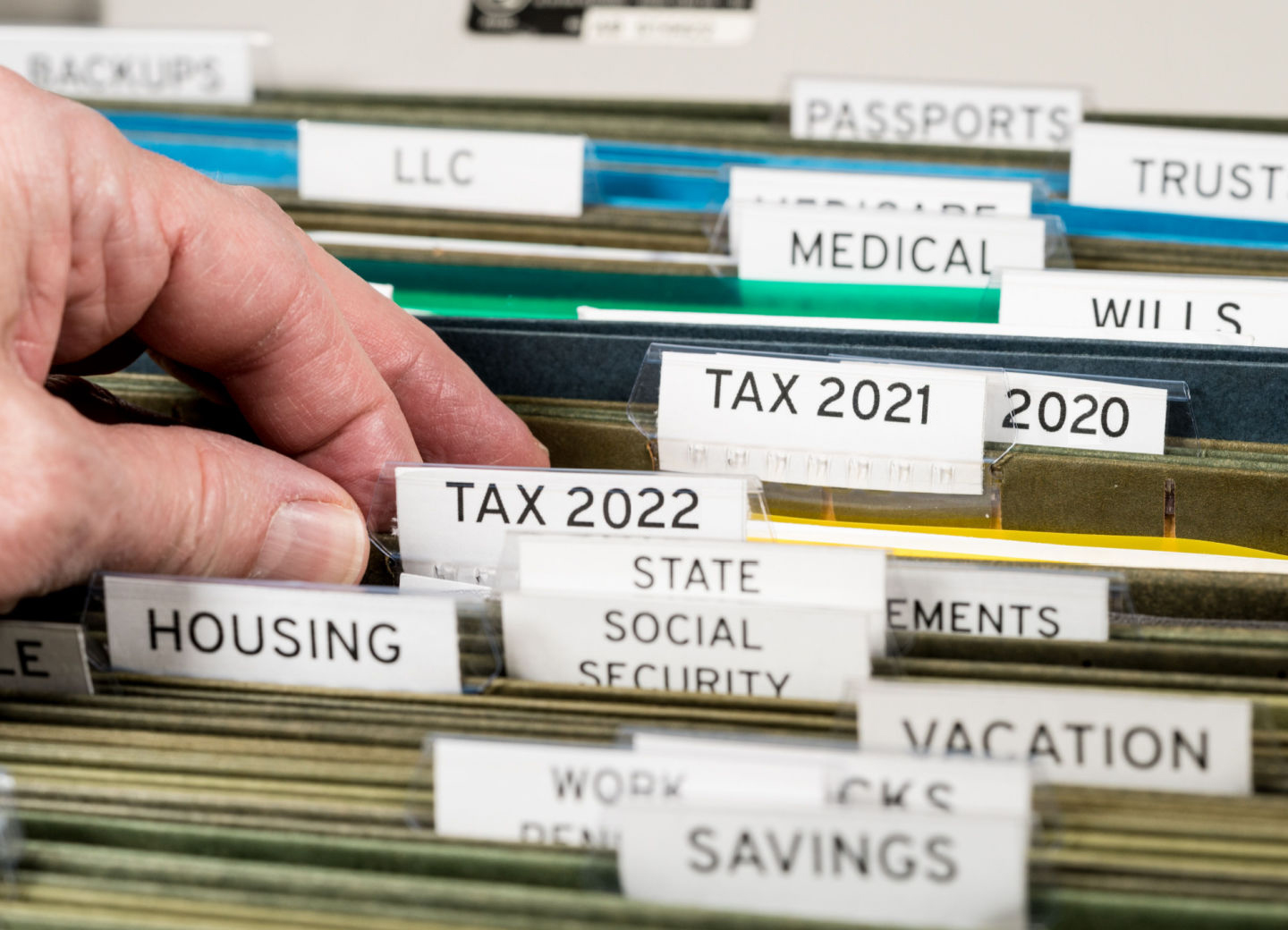For decades, tech watchers have been predicting the rise of the paperless society, where businesses and homes are fully digital, without a scrap of paper in sight. The reality is that while email and digital record-keeping have perhaps reduced the amount of paper in our lives, they haven’t done away with it entirely — which means we still need to create and maintain good paper management systems.
At Domtar, we’re strong advocates for the use of paper in our daily lives for everything from record keeping to sustainable packaging. Studies have shown that paper is a sustainable alternative to single-use plastics, while other reports highlight the hidden environmental costs of digital communications.
But did you know a robust paper management system that organizes paper statements, receipts, invoices and written budgets can also help you become more financially responsible? Here are four reasons why:
You can see paper. When a paper statement or bill comes in the mail, it’s a physical reminder of a task that you need to complete. Emails and apps are “out of sight, out of mind” for many people, making it easy to forget to pay that bill or review that statement.
Paper tells the truth. If you make a habit of reviewing your monthly bank and credit card statements on paper, then you can’t avoid the truth about your spending habits or the amount of debt you owe. People are more likely to recognize overspending when reviewing paper statements than looking at a statement online or through an app.
You learn more with paper. The data is clear that students comprehend and retain information better when it’s printed on paper instead of shown on a screen. The same is true for adults who want to understand their financial situation. Reading statements and maintaining a paper management system can help reinforce your financial reality, inform your spending habits and help you reach your financial goals.
Paper offers security. A well-designed paper management system can bring peace of mind to consumers who want records that don’t rely on having 24/7 access to electricity or mobile networks or who don’t want to remember multiple complex usernames and passwords for online accounts. Paper records also don’t have to be upgraded as technology changes. In fact, properly stored, paper records can be securely managed for decades or even centuries.
Build a better paper management system in six steps
Not every piece of paper needs to be stored for years on end. Here are six tips for how to create and maintain a paper management system that works for you and keeps your vital information safe.
1. Decide how long to keep records. The IRS offers some guidelines, or you can follow these guidelines shared by FORBES:
- Keep forever: Legal documents, such as birth/marriage/death certificates, passports, military records, wills and estate plans, retirement and pension plans, powers of attorney, documents related to property ownership or leasing, etc.
- Keep for three to seven years: Tax records, including relevant receipts, income records, tax payments, etc.
- Keep for one year: bank and credit card statements, investment statements, pay stubs, etc.
- Keep less than a year: Receipts that aren’t tax-related, paid bills and canceled checks.
2. Decide how to store records. Create a filing system that works for your household. Store documents in a clean, dry, dark place, and be sure to protect special documents by storing them in acid-free, archival folders, envelopes or sleeves. Your most important documents should be stored in a fire- and moisture-resistant safe or container. Whichever paper management system you choose, make sure important documents are easy to access yet safe from theft or accidental damage.
3. Decide how often to maintain your paper management system. Some people dedicate one day each month to filing, sorting and/or shredding their paper records. Others choose to tackle the job once or twice a year. An easy way to remember to do it is to file important papers throughout the year, and then sort or organize the whole lot in February as you begin to prepare for tax season.
4. Decide how to safely destroy old documents. If you have a lot of important papers coming in and out of your life, invest in a cross-cut shredder, which will allow you to safely dispose of or recycle documents that contain personal information, depending on your local recycling guidelines. Some communities offer bulk shredding services where you can safely dispose of large numbers of sensitive documents at once. Or you can buy a special identity theft protection stamp that can obscure details like names, addresses, Social Security numbers and account numbers on documents that you choose to recycle without shredding.
5. Decide how many backups to make. Certain documents, such as wills, estate plans, passports and birth certificates, should be copied and stored in more than one location, perhaps with a lawyer and/or a trusted family member. This offers protection in case of a house fire, natural disaster or theft. You can also scan critical documents and store the copies digitally as long as you ensure the files are well protected from hackers.
6. Decide who to tell about your paper management system. Make sure your trusted family members know where to find critical information should something happen to you. This includes your paper files as well as usernames, passwords and PINs for online accounts such as social media, banking, e-commerce and other websites.
Learn more about why paper records matter:
- Use Paper Statements to Manage Finances in the New Year
- “Know Your Social Security” Proposal Would Bring Back Annual Statements
- E-Documents or Paper: Which Should I Choose?
